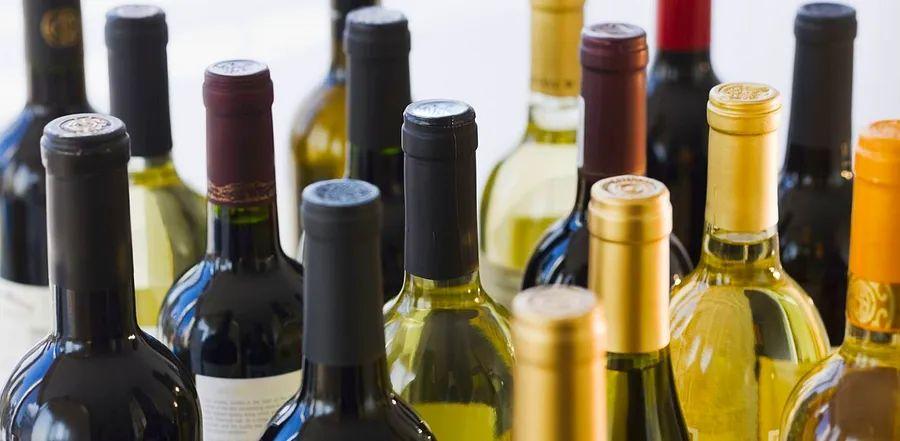Tips for Storing Wine and Keeping It Fresh

Tired of second-guessing your wine storage methods? After investing in your favorite bottles, it's only natural to want to maintain their quality. Here's everything you need to know to keep both unopened and opened bottles fresh.
Proper Storage for Unopened Wine
Ensure your uncorked wine collection stays in prime condition by following these easy storage guidelines.

Temperature Matters
The optimal storage temperature for wine ranges from 45 to 65°F (wine enthusiasts often store their bottles at a precise 55°F). Anything above 70°F can spoil the wine, while temperatures that are too cold might cause the cork to dry out, letting oxygen seep in. Remember, kitchen fridges typically stay around 40°F or lower, which is too cold for wine storage in the long run.
More importantly, maintain a consistent temperature. Dramatic fluctuations can cause the wine to expand and contract, potentially leading to leakage.
Is a Wine Fridge Necessary?
It really depends on your level of commitment to wine. If you only have a few bottles on hand for casual drinking, investing in a wine fridge may not be necessary.
On the other hand, if you're an avid collector or someone who likes to have a variety of wines readily available, a dedicated wine fridge could be a great investment. This is especially true for those living in hot or humid areas, where a wine fridge can protect your precious bottles from extreme conditions.
Pick a Dark Storage Spot
Avoid placing unopened wine in areas with direct sunlight, as UV rays can spoil the wine. Also, it's a good idea to keep artificial lighting to a minimum, as even fluorescent lights can negatively affect the wine over time.
Always Store Bottles on Their Side
How you position your wine bottles plays a key role in preserving their quality, but many people don’t realize that storing them upright isn’t ideal. Keeping the bottle upright separates the wine from the cork, which can cause the cork to dry out and let air enter. Instead, invest in a wooden wine rack to store your bottles horizontally, ensuring the wine stays in contact with the cork.
Avoid Extreme Humidity Levels
The ideal humidity for wine storage is between 50% and 80%. Too much humidity can lead to mold, while too little can dry out the corks. If the air around your wine storage area feels too dry, consider placing a shallow pan of water nearby or misting the walls or rack with water occasionally to maintain the right moisture level.
Understand When Wine Has Reached Its Peak
Even with perfect storage, most wines aren’t meant to last forever. If you're looking for a bottle that can age well beyond a decade, consult your local wine shop. For general consumption, try to drink reds within three years and whites within one year of purchase.
How to Store Opened Wine
If you've opened a bottle that you don’t plan to finish in one sitting, here’s how to keep it fresh.

Minimize Exposure to Oxygen
The key to preserving your wine is keeping oxygen out of the bottle. Once the cork is removed, this becomes trickier, so it's crucial to reseal the bottle tightly. You can use specialized wine stoppers that extract excess air before sealing the bottle, helping your wine stay fresh for up to a week. If you don't have one, the original cork will do in a pinch.
Refrigerate and Maintain a Steady Temperature
Refrigeration slows down the aging process of your wine. If sealed properly, wine can last three to five days in the fridge after being opened. Yes, even your red wine should be refrigerated. To bring it back to the ideal drinking temperature, simply place the bottle in a lukewarm water bath.
Store the Bottle Upright
While wine is best stored horizontally when sealed, once opened, it’s better to keep the bottle upright. This minimizes the surface area exposed to air, which helps prevent further oxidation.
Keep Wine Out of Direct Sunlight
While it may be tempting to leave leftover wine on the counter, it's best to avoid doing so, especially if your kitchen receives a lot of sunlight. If you're planning to drink the wine within the next day and prefer not to refrigerate it, storing it in a pantry or a closed cabinet is your safest bet.
Evaluation :
5/5



